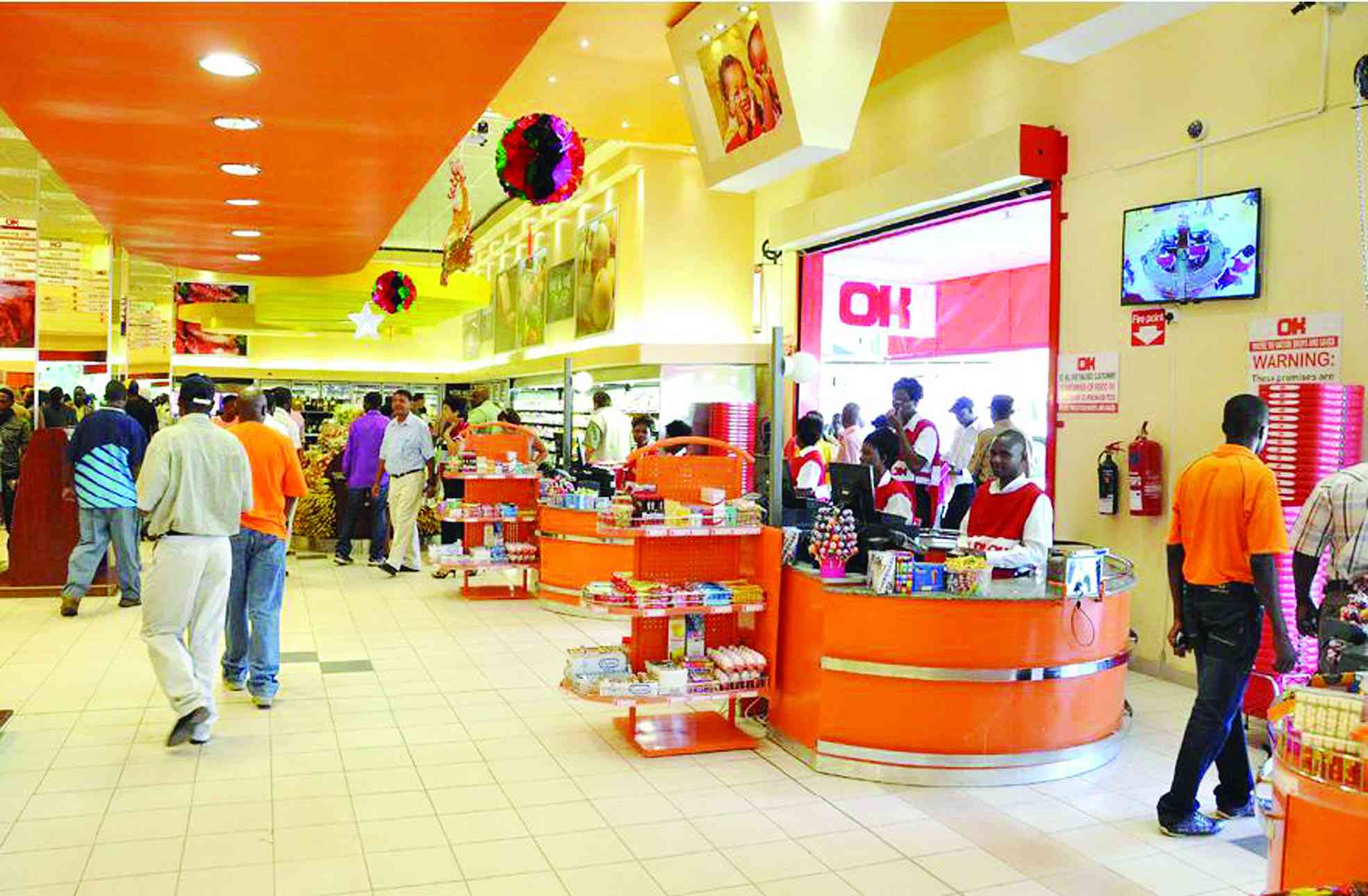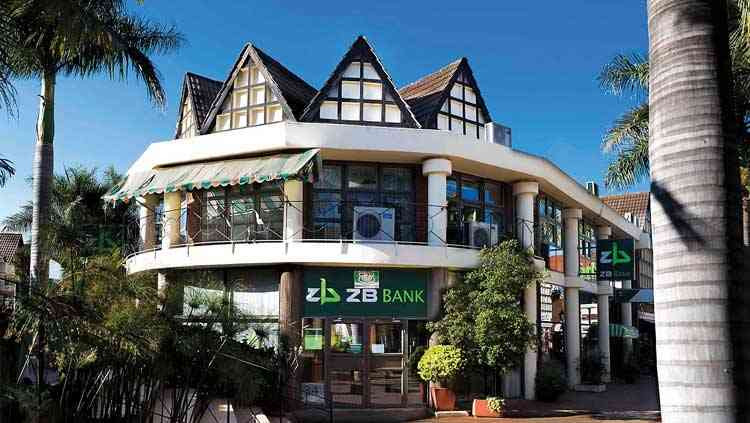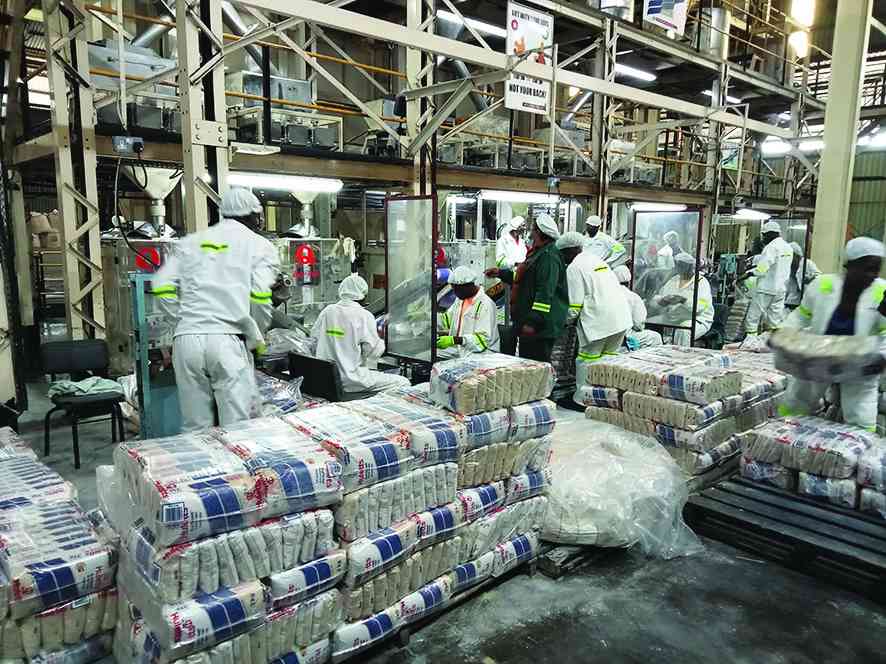ZIMBABWE Mercantile Exchanges (ZMX) chief executive officer Collen Tapfumaneyi says 29 000 metric tonnes of commodities have been collected by the exchange over 18 months through its weekly auctions amid growing confidence in the platform.
ZMX’s warehouse receipts total 437 000 metric tonnes from maize, wheat, soya beans, red and white sorghum, ginned cottonseed, sugar beans, white rice and rice bran commodities.
The ZMX’s warehouse receipt system enables commodity holders like farmers to deposit their commodity with a designated warehouse in exchange for a receipt, a negotiable instrument that can be used as collateral for credit facilities or for spot trading.
The government has gazetted 48 commodities to trade on the ZMX’s system.
“Even though the commodity was scarce and there was little knowledge, we persisted and said every week we were going to have our weekly auctions,” Tapfumaneyi told NewsDay Business in an interview.
- Manufacturers experience stagnant growth in Q4 2024
- Ariana values Dokwe Gold Project’s profitability to US$160m
- TicketsBox aims to eliminate inconveniences
- Equity Bancassurance Intermediary exec encourages life assurers to tap informal sector
- First Capital Bank Zimbabwe embarks on nationwide roadshows
“So, I’m happy to say, despite all those constraints, we managed to get 29 000 tonnes of commodities across wheat, maize and soya beans through the auction in the last 12 to 18 months. They have aggregated to 29 000 tonnes.
“What we are proud of is that those 29 000 tonnes did not come from large farmers or contractors; they came from smallholder farmers, each contributing bits and pieces, which have aggregated to 29 000. And that is a nice pilot.”
He said over the past 18 months ZMX was pushing the agenda of liberalisation of the market as the government was previously the central buyer of all produce through the Grain Marketing Board.
“We are coming from a space where there were restrictions; maize, wheat, soya beans, all of those were being bought only by the government. So, if we are to account for our three years, the first 18 months was to convince the government, working together to say, can we change our laws, can we liberalise?
“So, the first biggest success in this initiative has been the liberalisation of that, breaking the monopoly and allowing open trading of commodities. With that liberalisation, you are now operationalised. But the idea is not to just jump into trading and trading contracts and instruments in hot air, we are to create the operational base.”
He said the operational base was to bring in certified warehouses.
“The infrastructure, the warehouse operators, the grading standards, the processes of taking commodities from the farm gate to a certified warehouse,” Tapfumaneyi said.













